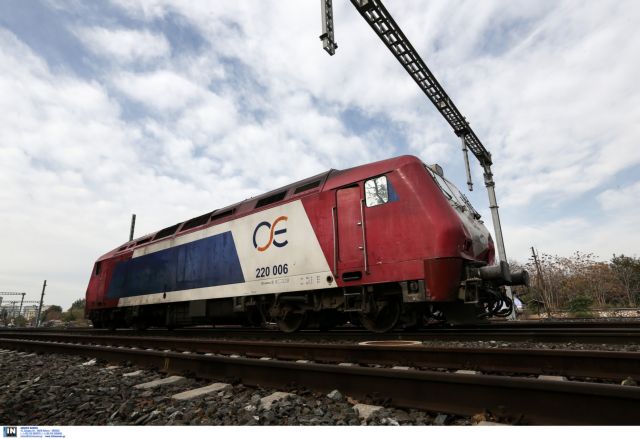The European Commission has demanded that the Greek government commits to privatizations and withdrawing train company OSE from all commercial activities, in exchange for “writing off” the illegal subsidies.
According to the EC, the Greek government has subsidized TRAINOSE with 800 million euros and OSE with a further 2.3 billion euros, despite EU competition law. As such, the companies are liable to return these sums, however since they are not in the position to do so, they will be forced to shut down and dismiss their employees.
EC spokesperson Ricardo Cardoso told To Vima that the Greek authorities have committed to an internal reorganization of OSE, which will result in the distinct separation of OSE as a railway network managed and its other commercial activities. As such, the rolling stock maintenance company (EESSTY) must be privatized. GAIOSE, the company that manages OSE’s real estate, will also manage the company’s rolling stock.
A history of mistakes
Many of the problems regarding OSE began in 2008, when New Democracy was in power and the Minister of Transport at the time, Kostis Hatzidakis, decided to separate the operation and management of the railway network. With the approval of the European Commission, TRAINOSE broke away from OSE, taking with it the rolling stock and was free of debts.
However, pressure from the unions urged Mr. Hatzidakis successor, Evripidis Stylianidis, to overturn the plans, with the rolling stock and maintenance returning to OSE. When the European Commission later investigated, it found utter chaos in the company, as there were not even any commercial contracts with the State.
The PASOK government was under major pressure from the troika and decided to transfer thousand of OSE employees to the public sector. The European Commission however included the cost of these transfers to the state subsidies that OSE had received. Unable to return these subsidies, Giorgos Papandreou’s government pledged to reorganize OSE and withdraw the group from all commercial activities, in exchange for writing off the subsidies. These plans were never implemented for financial reasons.
The new SYRIZA-led government will now have to negotiate the company’s privatization and the closure of its accounts until 2014, in order to avoid being called to return the state subsidies.





